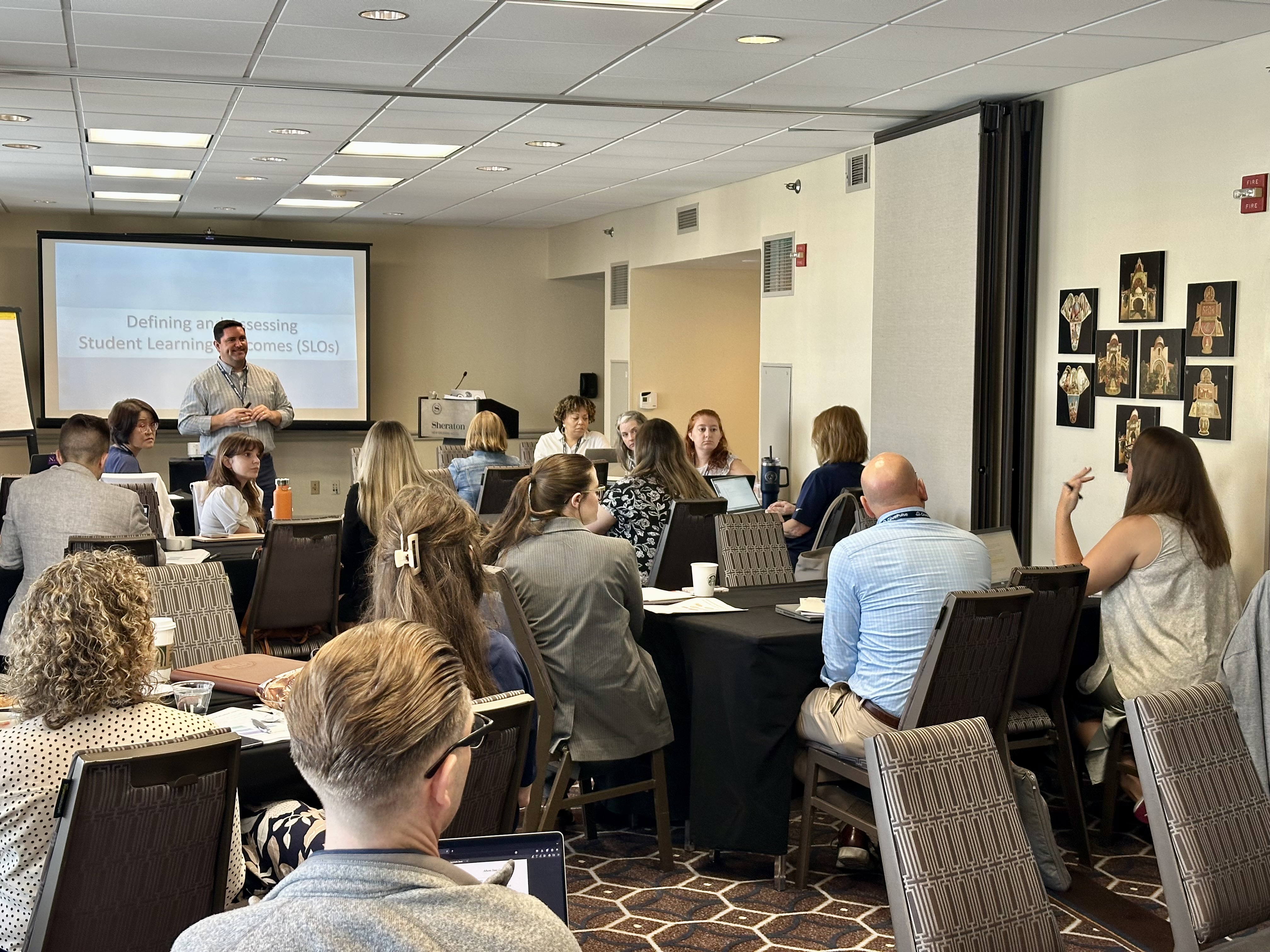 |
 |
 |
Welcome to the Experiential Education Academy (EEA)
What Makes Us Unique?The Experiential Education Academy (EEA) offers a set of workshops that blends theoretical frameworks with practical applications. We’ve designed a learning pathway to empower educators to craft engaging and impactful learning experiences for students by combining theory with hands-on practice. Goals of the EEA:
At the Experiential Education Academy, we are committed to fostering a community that values innovation, collaboration, and the continual improvement of experiential education practices. Join Our Community of Educators Earn your EEA certificate and gain access to a network of dedicated faculty, staff, and administrators. Embrace innovative practice methodologies and contribute to a transformative learning landscape. From meta-cognitive adult learning to strategic planning, our curriculum empowers you to integrate experiential education effectively while maximizing student engagement and success. Upcoming Events Explore Our Workshops & Events. Ready to Transform Your Practice? Join the Experiential Education Academy Today! Explore our workshops, meet our vibrant community, and embark on a journey towards enhancing your practice methods through experiential education. |



